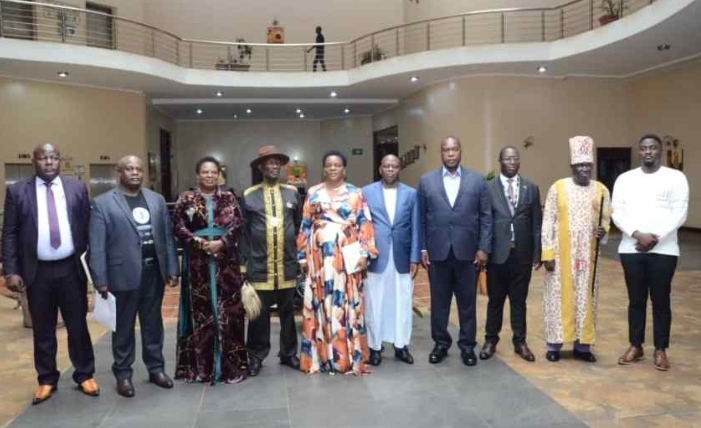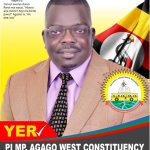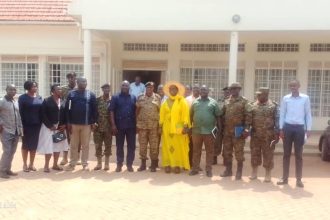President Yoweri Museveni has urged Uganda’s traditional and cultural leaders to champion the preservation of local languages and play a pivotal role in advancing socio-economic transformation within their communities.
Delivering the President’s message during a national conference for traditional and cultural leaders at the Imperial Royale Hotel, Kampala, the Minister of Gender, Labour, and Social Development, Betty Amongi, emphasized the government’s commitment to strengthening the collaboration with cultural institutions.
President Museveni highlighted the importance of empowering cultural leaders to effectively contribute to community development. To this end, he announced an enhancement in their monthly emoluments, designed to facilitate their roles in promoting cultural preservation and eliminating harmful practices while fostering economic empowerment.
To ease mobility, the government has provided vehicles to recognized traditional leaders, with additional transport support expected soon. Furthermore, ongoing efforts to construct palaces for leaders without proper accommodation underline the administration’s dedication to their welfare.
The conference, themed “The Role of Traditional or Cultural Leaders in the Promotion of Culture for Socio-Economic Development in Uganda,” served as a platform for dialogue between cultural leaders and government representatives. Discussions focused on reinforcing partnerships that promote national development.
“Cultural values and traditions are crucial to sustainable progress,” Museveni’s message stated. He underscored the significance of aligning cultural initiatives with broader frameworks like Vision 2040, Africa’s Agenda 2063, and the Sustainable Development Goals.
The President reiterated the government’s commitment to ensuring the security of cultural leaders and urged them to use their influence to advance wealth creation programs within their communities.
Minister Amongi concluded by encouraging leaders to provide actionable proposals to further strengthen the collaboration between cultural institutions and the government, ensuring their pivotal role in Uganda’s socio-economic transformation.




















